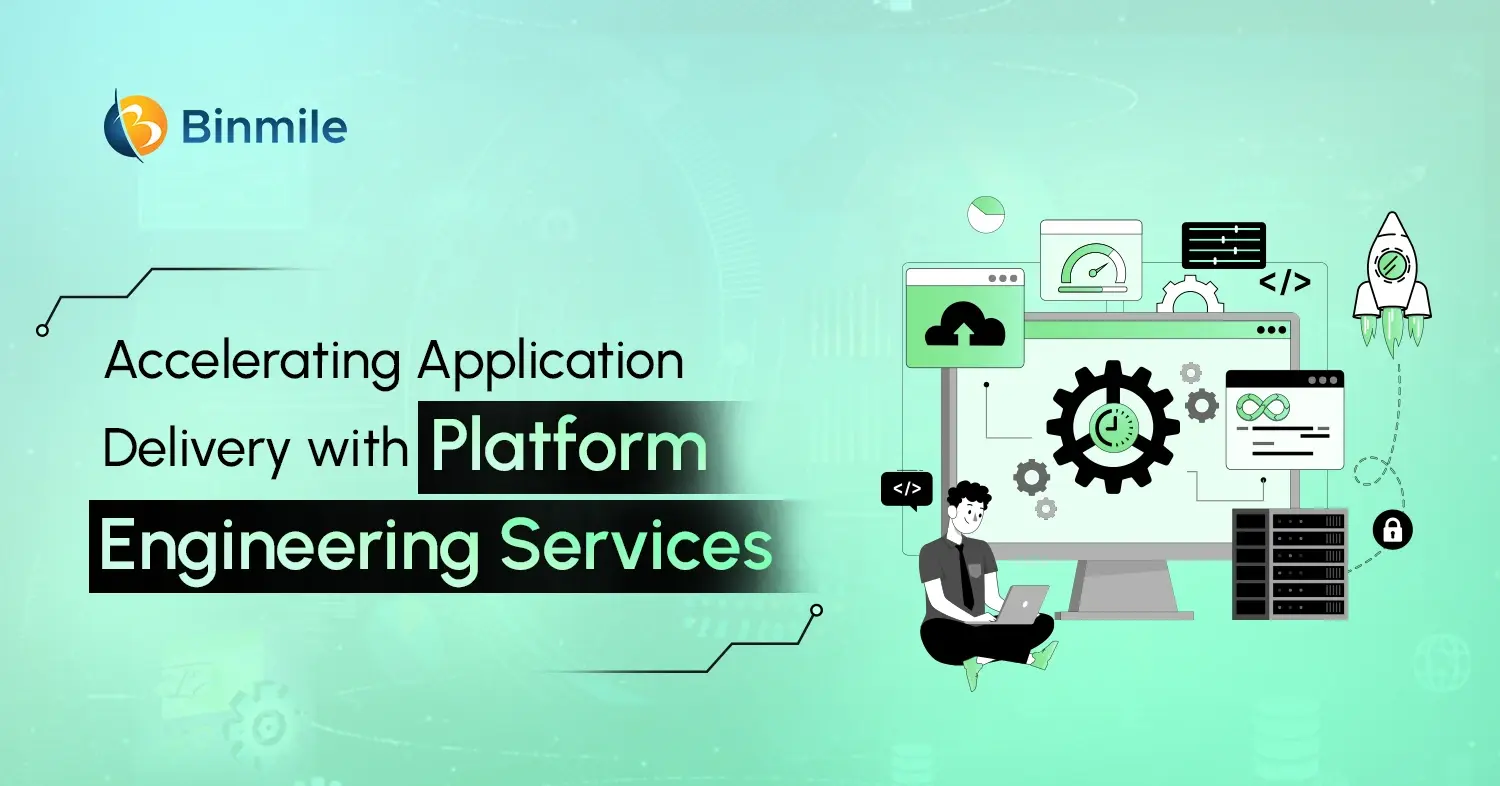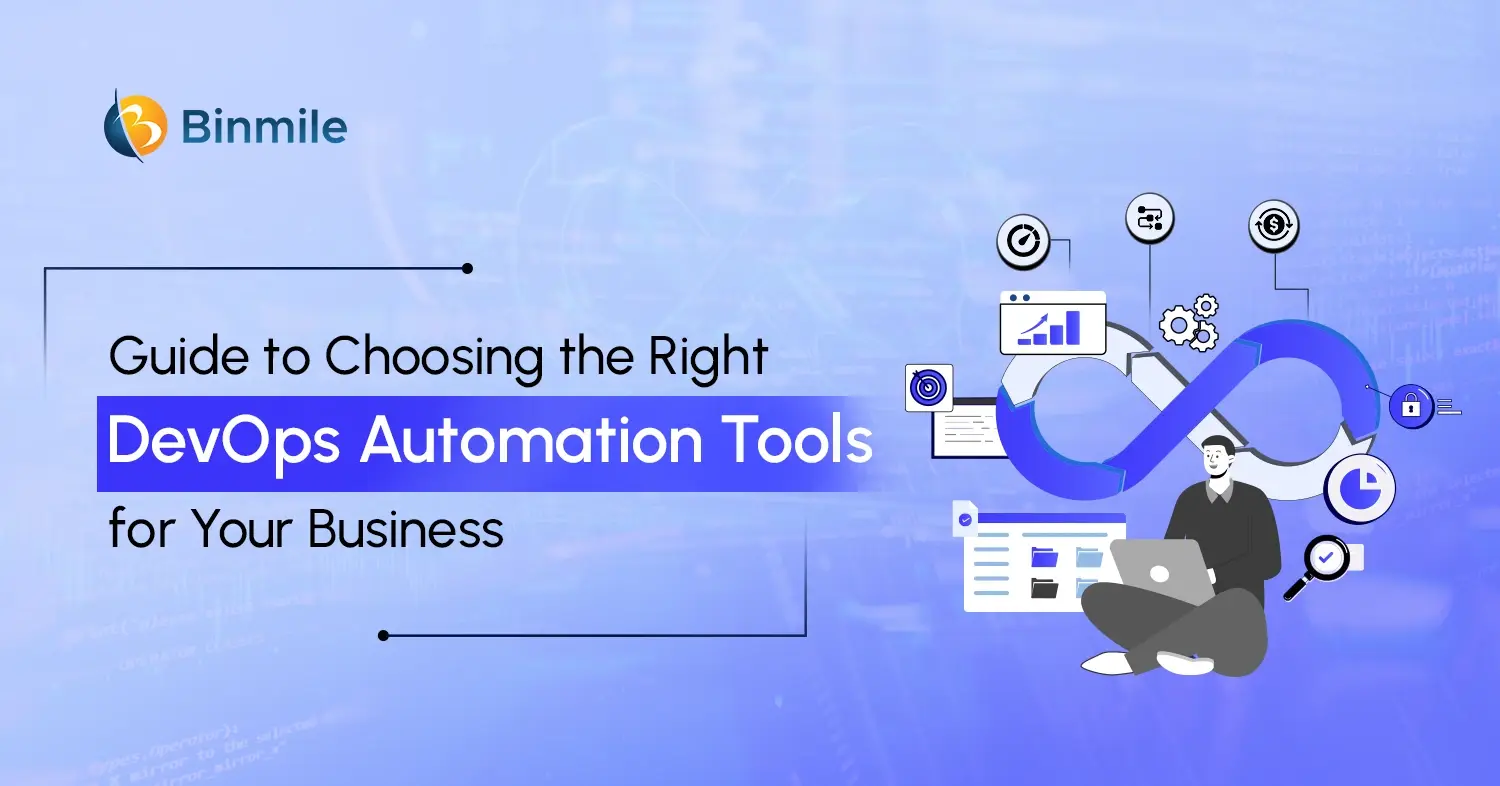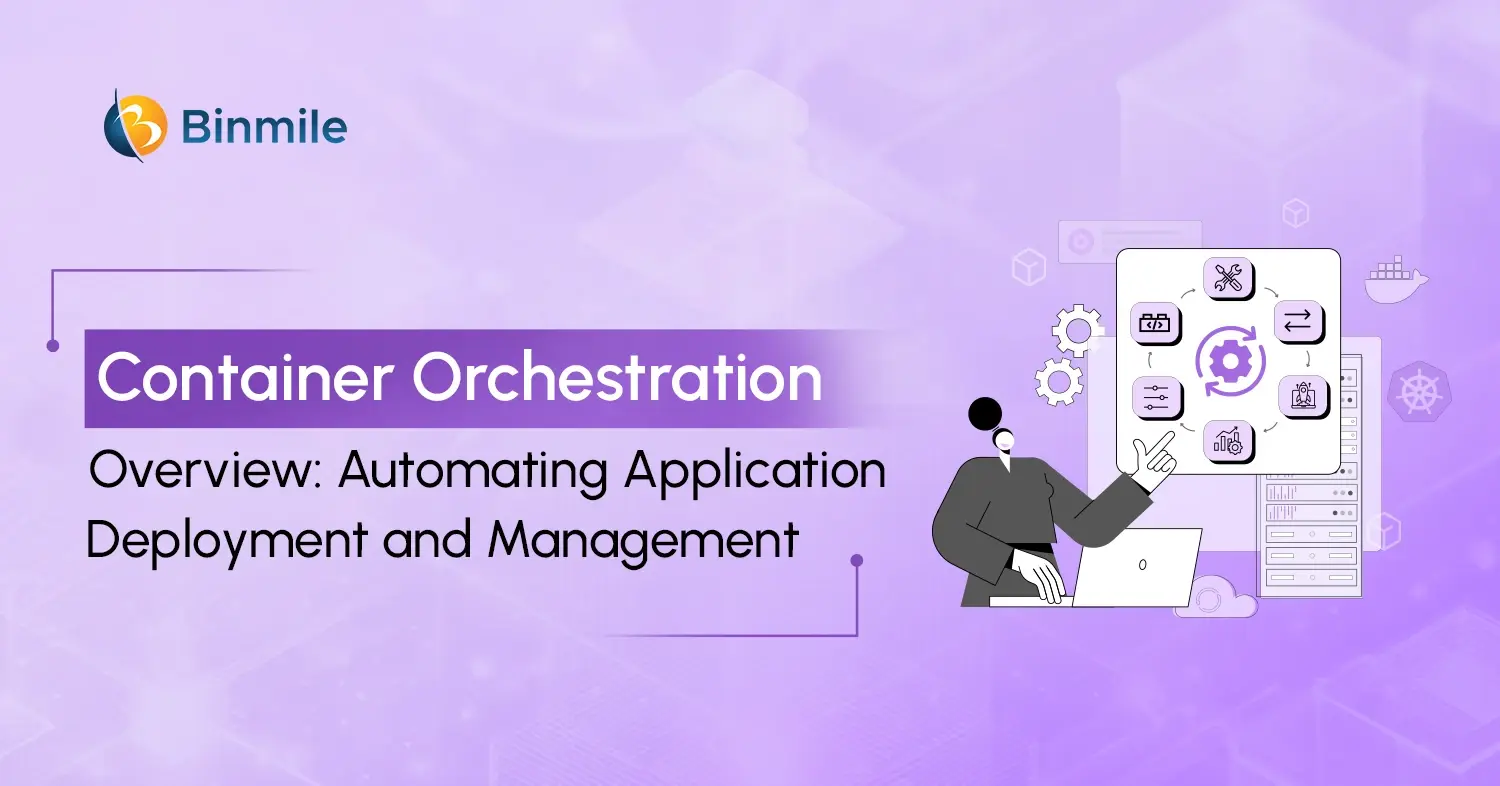Containerization has become an increasingly popular concept in the world of DevOps. But what exactly is it?
In simple terms, containerization in DevOps is a form of virtualization that allows you to package and run applications within isolated environments. This can provide numerous benefits for both development and operations, such as greater efficiency, portability, and security. In this post, we’ll take a closer look at what containerization technologies are and how they can be used in your DevOps workflow.
What is Containerization Technology?
As containerized applications address the difficulties associated with running virtual machines, it has recently gained a lot of traction. A virtual machine uses a specified percentage of the host operating system’s hardware to run all of the operating system’s functions while simulating a whole operating system inside of it. Due to the significant overhead, this ultimately results in the waste of computational resources.
The act of packing an application with all of its necessary configuration files, frameworks, and libraries is known as containerization, which enables applications to function effectively across a range of computing platforms. Containerization, in its most basic form, is the encapsulation of an application and its necessary environment.
Furthermore, creating a virtual machine and configuring a specific program in each and every virtual machine both take time. Due to this, just creating the atmosphere requires a considerable amount of work and effort. By encapsulating all necessary dependencies in a portable image file along with the software, containerization, made popular by the open-source project “Docker,” avoids these issues and increases mobility.
Difference Between Containers and Virtual Machines
Containers and Virtual Machines are both used to create isolated computing environments, but there are some key differences between them.
A virtual machine has the capacity to concurrently run several instances of different operating systems on a host machine. The guest OS is able to function independently thanks to the host system. As running an OS consumes additional resources and can decrease the machine’s efficiency, a virtual machine places a greater burden on the system than a docker container.
Containers are lighter than virtual machines and use fewer resources. Containers are more portable and easier to set up, as they don’t require a separate operating system. They also run faster than virtual machines since they don’t need to boot up an entire operating system every time they’re launched.
Virtual machines, on the other hand, offer more control and security. They’re isolated from the host operating system, so they can run different operating systems and applications without affecting the host. Virtual machines also allow for more flexibility, as they can be configured to meet the needs of specific applications. However, they are more difficult to set up and require more resources than containers.
Benefits of Containerization in DevOps
Containerized applications are useful for various reasons. Some of them are :
Consistent
Containerization in DevOps is consistent because it enables teams to deploy applications quickly and reliably across different environments. This consistency ensures that all teams have the same environment to work with, which eliminates potential errors due to differences in environment configurations.
Additionally, application container technology allows for easy scalability of applications, which is essential for DevOps teams who need to be able to quickly scale up or down to meet customer needs. Finally, containerization allows for better resource utilization, which reduces costs for DevOps teams who need to manage multiple environments.
Ease of Deployment
Containerization in DevOps makes deployment much easier. Containers enable developers to package an application with all its dependencies and configurations in a lightweight, isolated environment. This means that applications can be easily deployed on any platform with the same codebase, eliminating the need for manual configurations for different environments.
Additionally, containers help speed up the deployment process by allowing developers to quickly and easily scale up or down the number of containers running on their infrastructure. This helps to ensure that applications are always running optimally and that the infrastructure is not overutilized.
Scalability and Flexibility
Containerization in DevOps provides scalability and flexibility by allowing applications to be deployed quickly and easily across multiple environments. Containers are lightweight, so they can be quickly started and stopped, and they can be scaled up or down depending on the demand. This makes them well-suited for dynamic workloads.
As containerized applications can be easily moved across different cloud and on-premise environments, they can easily adapt to changing user demands and resources. This makes containerization a great tool for organizations looking to take advantage of DevOps practices to increase scalability and flexibility.
Containerization Solutions
Containers provide portability, scalability, and security by isolating applications and their associated data into self-contained units that can be managed, deployed, and moved around easily. Containerization cloud computing solutions also enable organizations to build and deploy applications quickly and reliably while still maintaining control of their environment.
Docker
The most well-known container platform is Docker. It is compatible with macOS, Linux, and Windows. More importantly, Docker offers some user-friendly container management tools like Docker Swarm and Docker Compose. A growing number of DevOps tools and solutions use Docker as their preferred containerization solution, making the creation, testing, deployment, and monitoring of any contemporary application automated, secure, dependable, quick, and efficient.
LXC & LXD
LXC (Linux Containers) and LXD (Linux container daemon) are open-source container solutions used to create and manage system containers, which are a type of lightweight virtualization environment for running multiple isolated Linux systems (containers) on a single host. With LXC and LXD, users can package applications with their exact runtime environment and all their dependencies into isolated containers for easier deployment and management. LXC and LXD provide features to help users manage container security, networking, storage, and resource management.
Conclusion
DevOps has adopted containerization as the norm. Developing modern pipelines, clusters, applications, and other components using cloud containerization is integral to the DevOps culture. Containerization of applications is a type of virtualization technology that allows applications and their associated dependencies to be packaged into isolated containers and deployed on any platform or cloud infrastructure.
As one of the DevOps consulting companies, we enable businesses to quickly and effectively modernize existing applications that don’t support new technologies and bring them closer to next-gen workflows and systems.
With a specially curated solution-driven DevOps approach, Binmile helps companies build a dynamic environment adhering to their needs. We help you put your organization on the path to success so you can stay ahead of the competition.
Get in touch today!









